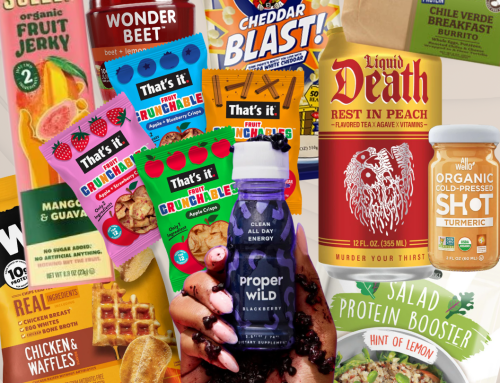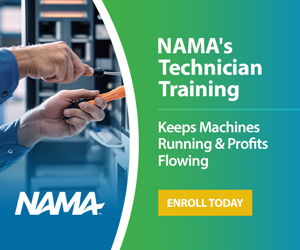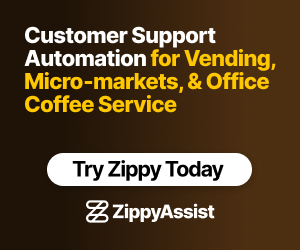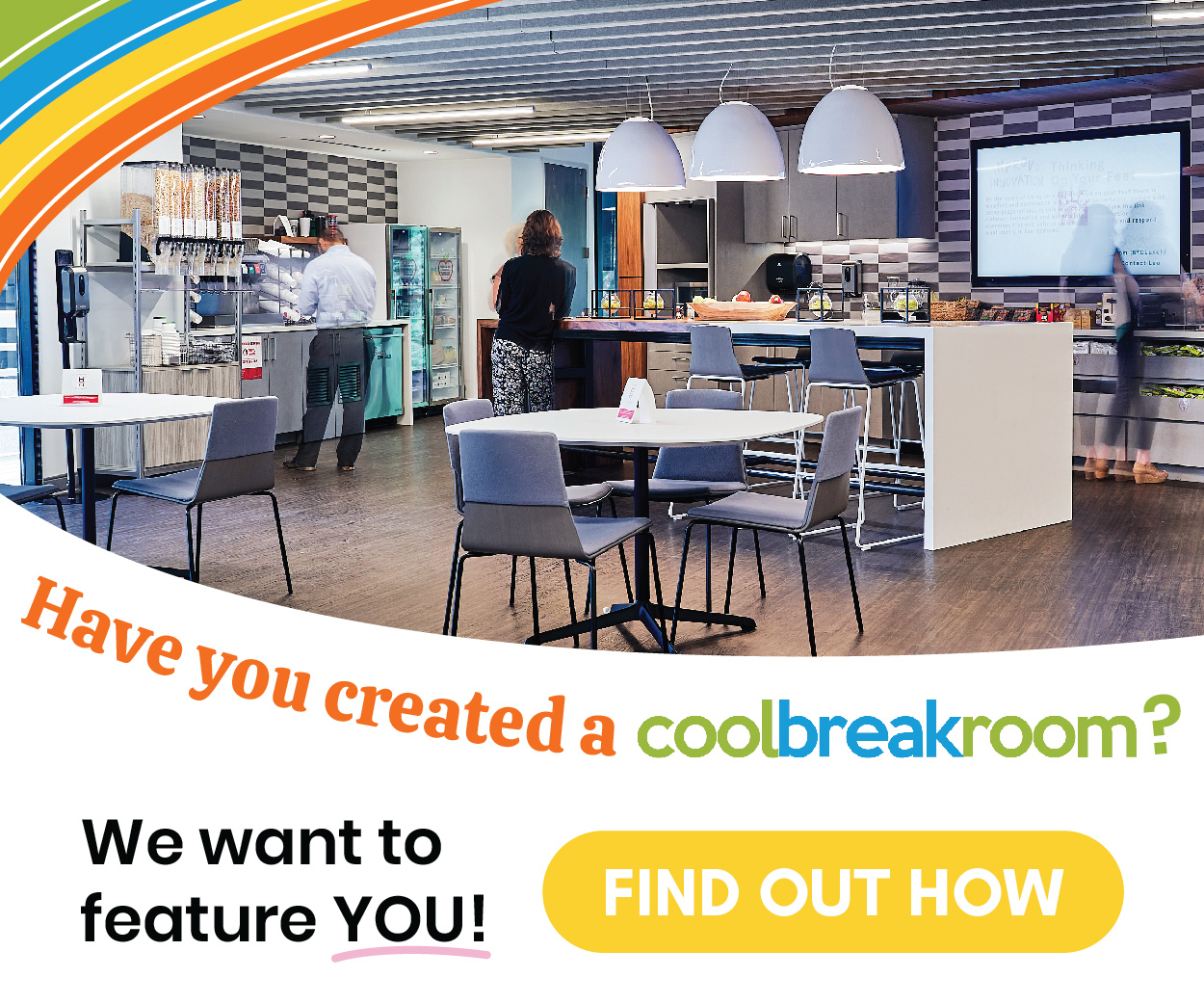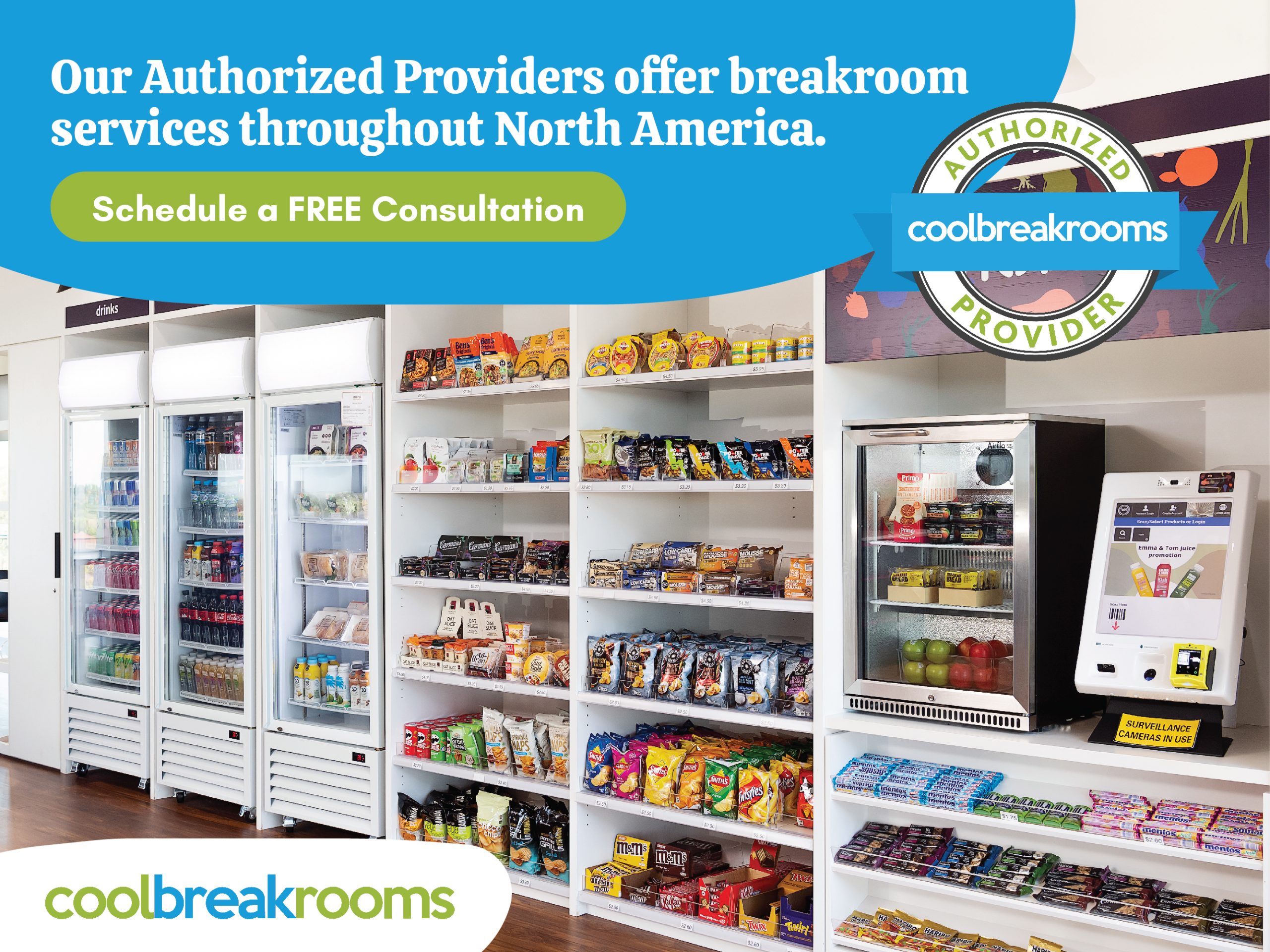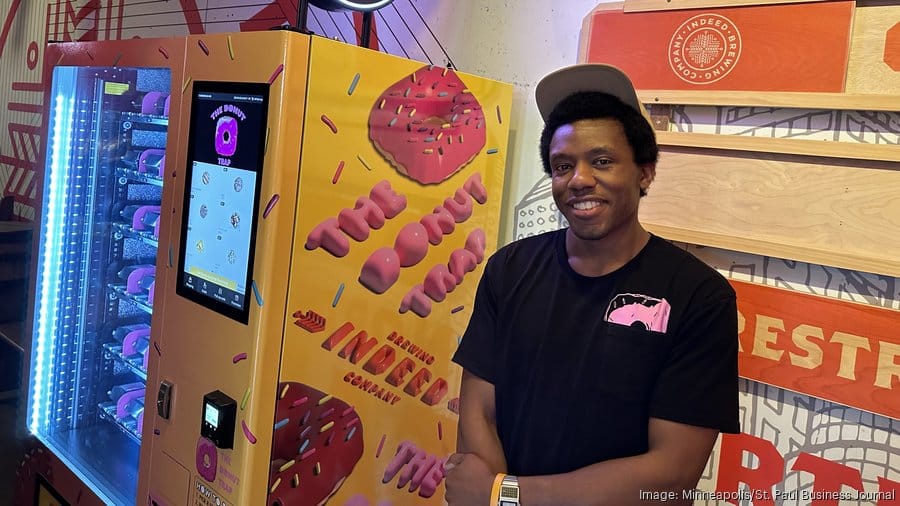
Bradley Taylor spent months brainstorming with different manufacturers on a vending machine design that would not only keep his homemade doughnuts fresh but dispense them gently enough to not smear the icing or smush the shape.
One particular company, located out West, “was crazy enough to do it,” Taylor said.
Taylor’s six-months-in-the-making machine — which uses an elevator/conveyor-belt mechanism to deliver individually packaged doughnuts to each customer — is just one of many businesses to eschew a storefront for an automat.
Pharmaceuticals. Phone accessories. Construction tools. Hair extensions. Beauty supplies. What people can buy from the almost 150-year-old technology has evolved from gumballs, pop and cigarettes, giving big corporations and small entrepreneurs alike a low-overhead way to expand their businesses.
Taylor’s first machine booted up at St. Paul entertainment venue Can Can Wonderland in 2022. Now the Donut Trap has eight locations throughout the Twin Cities, including in malls and at Minneapolis-St. Paul International Airport, where it’s the only Minnesota brand to have a vending machine at one of the largest airports in the country.
In 2022, the convenience services industry had a $1.1 billion economic impact on Minnesota, paying out about $400 million in wages to more than 5,500 workers, according to the National Automatic Merchandising Association (NAMA), the national trade organization for vending and micro-markets.
“I firmly believe this self-serve, unattended automated retail is going to all kinds of places,” said Carla Balakgie, NAMA’s chief executive.
The pandemic, Balakgie said, “really accelerated the trend for consumers to want convenience, to want autonomy, to want 24/7 access to whatever they want, whenever they want to get it.”
Fast food
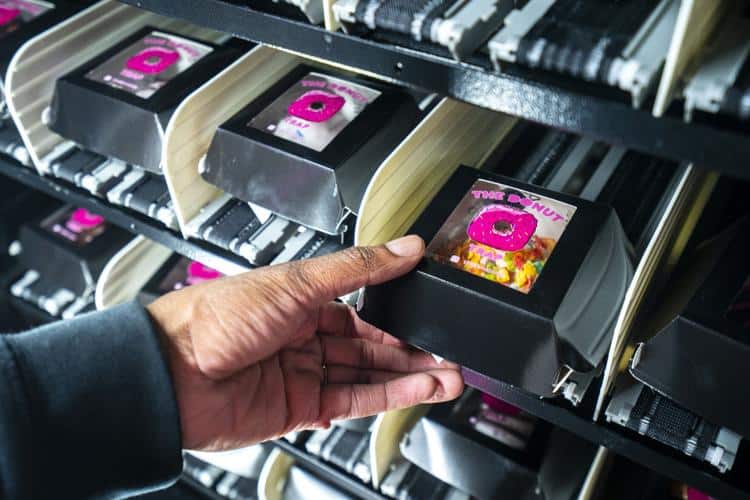
Over the past two years, Jay Noseworthy — operations manager of concessions and business development at the Metropolitan Airports Commission, which operates MSP and six other airports in the region — has ensured the addition of more quick, convenient and healthy vending machines at the airport.
The transformation became paramount two years ago when staffing problems led to a 24-hour McDonald’s and Camden Foods sandwich bar scaling back hours of operation. That left flyers and flight crews arriving late at night or before sunrise — as well as those stranded overnight after cancellations or delays — hungry.
In February 2022, MSP added its first Farmer’s Fridge, which dispenses salads, sandwiches, wraps and bowls. There are now 12 machines between both terminals. The airport has since added Yo-Kai Express, a machine that dispenses hot ramen, and Illy Coffee, a fresh-coffee-making machine.
Most of the vending options at MSP fit into the bottled beverage and snack machine category, but in the past five years or so, the airport has added beauty and accessory dispensaries that offer makeup and headphones as well as machines for potentially forgotten travel necessities, like toothpaste or painkillers.
There’s even now a vending machine for Lego sets, including high-end kits for adults, Noseworthy said.
“People want quick and convenient,” he said. “If it’s right there in front of them, that’s what they’re going to go for. You don’t have to wait in line behind 10 other people to grab your coffee at Starbucks.”
Pick your product
Nationally, the convenience industry is on pace to generate $26 billion in revenue this year, with 68% of the money coming from vending machine sales.
After a downturn in revenue during the pandemic, the industry has bounced back to pre-pandemic levels, which innovation, rising demand and an expanding retail model that cuts labor costs has fueled.
As people have returned to the workplace, more employers have sought amenities to attract and retain workers. That’s included more food and beverage vending options since many restaurants closed during the pandemic. Advances in technology have allowed operators to accept cashless payments while heating and cooling systems warm up meals for consuming or store them at certain temperatures to ensure freshness.
Some hospital and manufacturing facilities have installed machines that dispense gear and equipment. Retailers like CVS, for example, have created health-and-wellness vending machines as extensions of their brick-and-mortar locations.
“Our industry is becoming a more exciting, more diverse version of what it has always done, and it’s riding that wave of self-service,” Balakgie said.
For the Wittern Group, an Iowa-based holding company of manufacturing and software providers serving vending management, nonmonetary inventory control is the most rapidly growing category of business, said Ashley Hubler, Wittern’s chief marketing officer.
Machines that dispense items like facemasks to hospital workers allow companies to not only track inventory and make decisions around buying but also log which workers are using what products, Hubler said. All employees have to do is swipe their badge or input a code on a touchpad.
Wittern has also seen an uptick in demand for emergency response vending machines that provide medicines like Narcan, which treats narcotic overdoses.
With NAMA’s support, Wittern has spearheaded an action plan for the U.S. government to allow the use of EBT cards at vending machines that supply nutritious and healthy options for people on food assistance or living in food deserts. The hope is for Congress to pass that law as part of the next farm bill.
“That would be a huge win for our industry,” Hubler said.
Healthy start
Twin Cities entrepreneur Tatiana Freeman founded Nosh Posh, a healthy vending machine business, in 2021 after becoming annoyed with the lack of access to reasonably priced healthy food.
Freeman currently operates her machines at seven locations in Minneapolis, most at co-working spaces. She stocks the machines with prepared meals, jerky, oatmeal, adult-style Lunchables, salads and fresh juice, all from women- and minority-owned companies. Items are priced between $2 and $10, she said.
“I think there’s this perception that poor people eat poorly because they want to and not because of proximity and access,” Freeman said. “I wanted to change this narrative around healthy, quality foods being just for people that can afford them and have the means.”
Recent Carleton College graduates Molubah Seley, Tonny Aton and Baird Wolf founded WUGS, a vending startup specializing in traditional international foods made in Minnesota. They have eight micro-markets — essentially unstaffed, self-serve convenience stores — at workplaces like Boston Scientific, and Cushman and Wakefield.
The trio started the business to provide cultural and diverse food no matter the location, from college campuses to military bases.
Aton, once an international student from Kenya, said he knew how isolating being on campus year-round could be.
“The best way to remind me of home is usually through food,” Aton said. “The only way for me to just remember was through food, and there was not any options around here for Kenyan food and whatnot.”
WUGS stocks its machines based on the ethnic demographics of the people in the area, Seley said. Items range from traditional African and Hmong snacks and beverages to Halal foods for Muslims and kosher options for those who are Jewish.
“People of color, people of different ethnicities, they feel like they have to bring food from home,” he said. “They can’t eat what is being provided to them because they just don’t like it.”
Earlier this year, JP Morgan and the Metropolitan Economic Development Association (MEDA), Minnesota’s oldest and largest nonprofit financier, awarded the founders $25,000 to grow their business.
Though their machines take up minimal space, the cost to stand them up isn’t cheap. Seley sold his car for $10,000 to buy WUGS’ first machine. While the business is cash-flow positive, the founders each maintain separate jobs. Freeman, meanwhile, is the sole operator of Nosh Posh and still works as a flight attendant since she doesn’t yet have the income to pay an employee.
Taylor, who operated a doughnut shop in Dinkytown and a mobile food truck before selling his creations in vending machines, has managed to hire a few employees to help him sell his doughnuts at local farmers markets. He’s opening a new kitchen and headquarters in St. Paul in the next couple of months.
“I want to scale, and we will take it as far as possible,” Taylor said. “Minnesota is a good place where I can learn without taking a huge financial hit. I’m trying to create processes and systems to get to where this process could be scaled in this city and that city. We still have time to figure that out.”
source: The Daily Item




